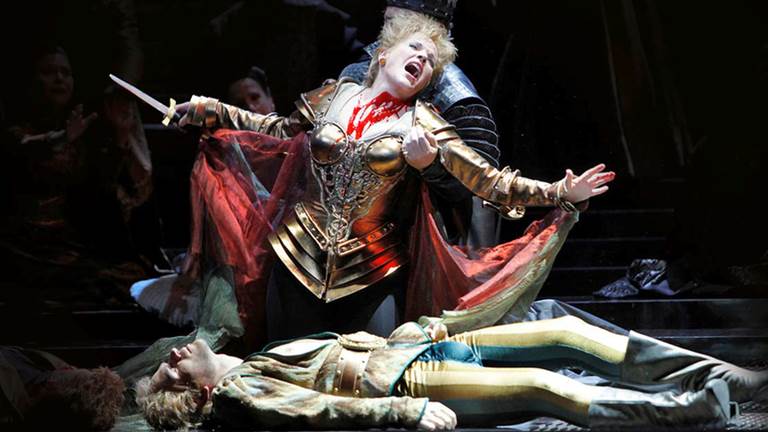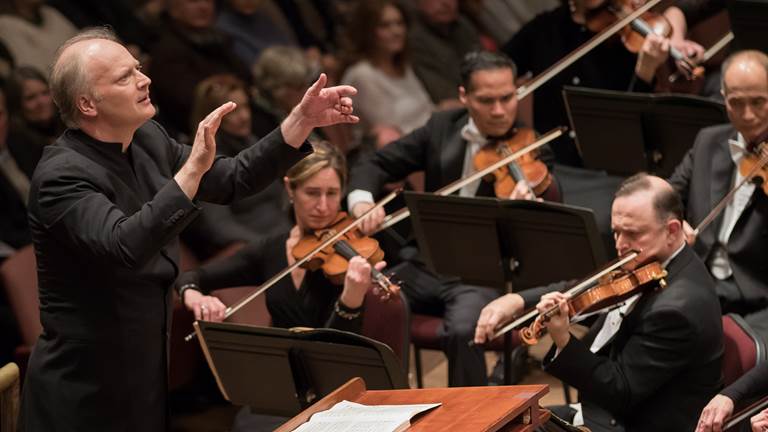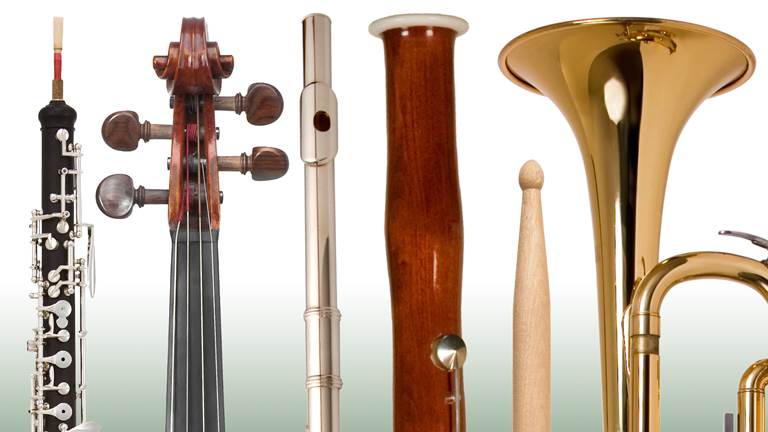Dmitri Shostakovich was born in St. Petersburg, Russia on September 12, 1906, and is regarded as one of the greatest composers of symphonies in the twentieth century.
He grew up in relatively privileged circumstances in the pre-Revolutionary era. He attended a private school from 1915 to 1919 where his classmates were children of the elite of society. He had a very musical family, but he wasn’t inspired to begin studying music until he saw his first opera in 1915.
From then on, he showed his musical genius at the piano and also displayed a gift for composition. By 1917, he could play a majority of the contemporary piano pieces and was also composing short piano pieces, most of which were, unfortunately, destroyed.
Eager to get more advanced music training, he entered the Petrograd Conservatory in 1919, where he studied orchestration, harmony, form, and composition with the likes of Rimsky-Korsakov’ son-in-law. He quickly became famous for his remarkable musical talent.
During the period after the Revolution, most artistic endeavors were severely deprived of money. One of his mentors appealed to the authorities for ration cards and funds for Shostakovich, whose family fortunes had suffered in this period known as the “War-Communism” era.
It was during this period that he developed tuberculosis of the lymph glands. He was then sent to a sanatorium at Gaspra in the Crimea. From this experience, he developed a life-long love of travel.
During his time in Gaspra, he fell in love with a woman who may have been the love of his life, though he was unable to commit to her. Though they did not get married, he continued to write to her long after they separated. Instead, he married Nina Varzar in May of 1932. After they divorced, he married for a third and final time to Irina Supinskaya.
In 1925, he was working on the last movement of his First Symphony in Moscow where he met a number of influential individuals who became friends and mentors. He performed his symphony on May 12 and it was a major success.
The First Symphony’s success brought him international fame, partly because it was the first Soviet composition to become part of the general musical repertory in the West but also because the composer was a teenager.
Shostakovich went on to compose string quartets, concertos, as well as various instrumental and vocal works. He also composed a large number of film scores and theater music as well as ballets.
His musical output was circumscribed by the Union of Soviet Composers, especially his operas. There has always been conjecture about the outstanding music that he might have written had he not had to mold his music to the Soviet standards of acceptable music.
The official pressure was evidenced by the fact that he destroyed almost all the letters he received, never kept a diary, and guarded his conversations with friends and family.
Despite this, he was preeminent in the Soviet Union’s modernist musical world of the 20th century. After years of declining health, he died in Moscow on August 9, 1975.




